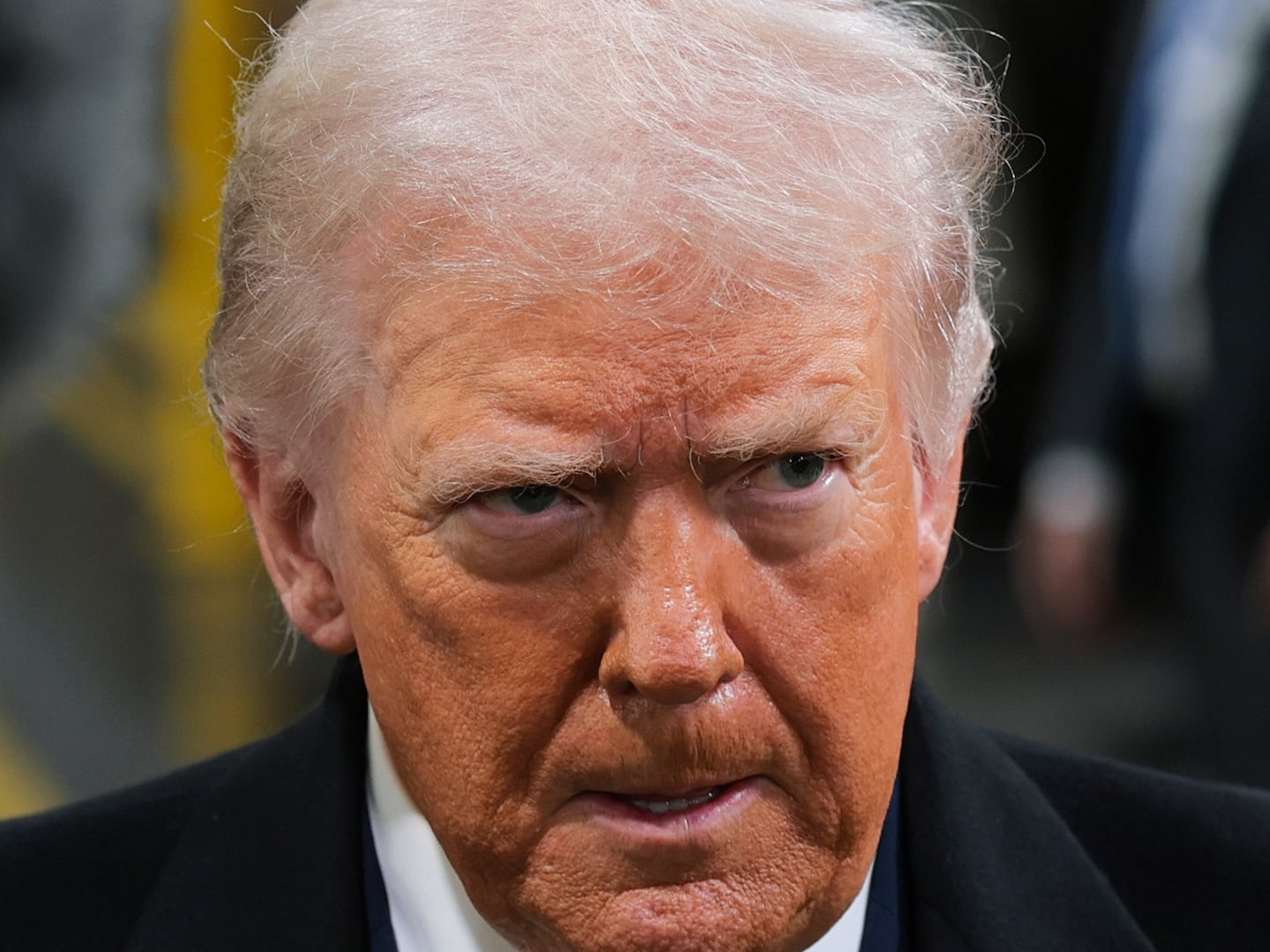General Michael Flynn didn’t resign Monday night because he lied about his calls with the Russian ambassador and was vulnerable to blackmail. He resigned because the public found out about the lie and keeping him, at long last, became “unsustainable” for the Trump administration.
Just a few hours earlier, it was sustainable. White House counselor Kellyanne Conway said so. The president, she said Monday afternoon, had “full confidence” in Flynn. Another White House official confirmed this to Washington Post reporter Philip Rucker who reported, also on Monday, that Trump, knowing what he knew, wasn’t going to decide about Flynn for a few more days.
What changed? Throw out the old saw it’s the cover-up that gets you. The White House ceded Tuesday that it knew about the cover-up for weeks. It’s the dribbling out of the details of Flynn’s mission to coddle Russia—in keeping with Trump’s policy—that presented a clear and present danger that could only be staunched if Flynn were let go.
But they want us to believe it was about the lying. At his daily briefing Tuesday, Sean Spicer said it was “plain and simple a matter of trust.” But in this whole mess, lying is a lesser included offense, one which this White House is particularly unsuited to cast stones at. Honesty is not the best policy there but one to be considered among other possibilities.
There would have been no resignation if what Flynn said in the taped calls, and White House knowledge of it, hadn’t been exposed late Monday in a Washington Post piece. The White House counsel—and likely others in the Administration—had been told by then Acting Attorney General Sally Yates that Flynn had actually made multiple calls, during the transition and going back to the campaign, to the ambassador of a sworn adversary of the United States. Flynn’s message to the ambassador was that President Vladimir Putin might want to hold off on retaliating for sanctions imposed by then President Barack Obama for hacking the U.S. elections. It wouldn’t be that bad under the new president.
Yates' information was reportedly weeks late getting to the White House because FBI Director James Comey, who seems to be everywhere these days, asked her to hold off because of his ongoing investigation into contacts between Trump associates and Russia. But after they’d been told, Spicer put out the opposite of what the Justice Department knew to be true: that Flynn had discussed Christmas greetings, among other things, not sanctions in his calls. With that disinformation (Spicer likely didn’t know the truth), Comey's request fell by the wayside and Yates, since fired by Trump for not backing him up on his travel ban but perhaps for this, proceeded to inform Trump White House counsel Donald McGahn. (McGhan, Spicer said Tuesday, immediately informed Trump.)
Whatever Flynn said, we know Putin took his outreach to heart and let the sanctions pass virtually unnoticed. Since the calls, we might ask who has done more to coddle Russia, Flynn or the president. Trump has kept praising Putin to the point of accusing the country he now leads of killing its own people as Putin has done to his internal enemies. The two countries, in Trump’s telling, are morally equivalent.
To the excuses for why Flynn was let go, add “leaks” which Trump blamed in a tweet for all that’s wrong in Washington.
On TV, Trump surrogates including former military officer Carl Higbee, who’s been interviewed for a high level White House job, have dressed up the resignation in the usual nothing’s-been-proven talk about how Flynn had become a “distraction” and that this is a “rough town for good people.” Actually, that’s true but not the case here as few people not on Trump’s payroll thought Flynn was the right choice.
The only reason Flynn got appointed to the most sensitive job in the Administration is that he is a crony of Trump who stuck by him during the campaign and who could be trusted to do his bidding without asking too many questions. If National Security Adviser were a post that required Senate confirmation, Republicans, who have acquiesced to about everything else, would have balked. By a margin even wider than those who dare to question the month-old presidency—that is Republican Senators John McCain, Lindsey Graham and Jeff Flake—Flynn wouldn’t have made it.
With Flynn’s ouster, the Wall Trump was actually been able to build around himself may crumble. Until now calls for an independent investigation into the Russian hacking have been rejected. Now, that investigation is likely to proceed, along with McCain’s effort to codify Russian sanctions. Speaker Paul Ryan may eventually grow a spine. Amid a running joke at his Tuesday press conference wishing wives of the leadership a Happy Valentine’s Day, Ryan was pinned down to admitting Flynn was rightly let go. Look for the heat to be turned up on the inquiry into the ties between Russia and Trump’s former campaign manager, Paul Manafort.
Just maybe there may be less flagrant lying now from this administration. This last weekend, Trump’s anointed wunderkind Stephen Miller was sent out on his first Sunday morning talk show appearances. He regurgitated Trump’s insistence that there’s rampant voter fraud in the country and a costly investigation should ensue. Miller brought up the fact-free claim that hordes of Massachusetts voters drove to New Hampshire to cast illegal ballots in November. Fresh denunciations of that claim came afterwards from former New Hampshire GOP chair Fergus Cullen and from current New Hampshire Governor Chris Sununu, a scion of the multigeneration Republican loyalists, who said it was false. Don’t think Miller was freelancing.
The only praise for Miller came from Trump himself who lavished him with it. In this White House, lying is not a firing offense.
Trump is having a hard time in his public effort to replace Spicer and perhaps his chief of staff in an effort to fid one single person with the experience and maturity to mind the store. That looks easy compared to replacing Flynn. Trump has made it clear he won't hire anyone who's criticized him. In filling the open national security adviser position, that leaves almost no one.






